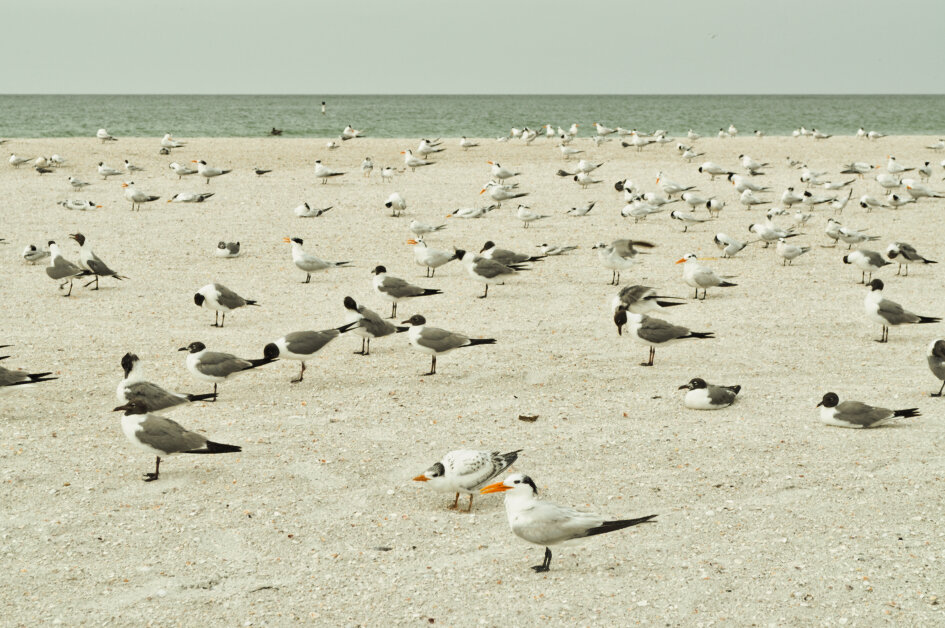How Group Shaming Makes Change Particularly Difficult for HSPs
How to recognize and deal with the phantom judges in our heads.
Shame is one of the most powerful tools communities use to maintain cohesiveness. The other is the feeling of belonging. These are two sides of the same coin, and that’s why you often see them paired in group dynamics. The stronger the explicit rules of belonging, the stronger the shaming when you violate them. Take a cult, for example. You don’t just leave a cult, you’re excommunicated.
Belonging is a very pleasurable emotion. In involves feeling safe, loved, accepted. Group shaming is a deeply painful emotion, because it strikes at the core of our very being: we feel rejected, bad, alone. These emotions are hardwired into us, because sticking with the group elevates our chances of survival. When we stray from group norms, we may be shamed, but more importantly, we expect to be shamed. We know what’s coming.
It’s this expectation of shaming that makes it so difficult to effect changes for ourselves that lead us down a different path. Any time we challenge the status quo we are making ourselves vulnerable to criticism, which in my opinion can be and often is wielded as a shaming technique (as opposed to constructive critique, advice, or feedback, though these can also hide a secret heart of shaming, particularly if they are unsolicited). Other people may or may not criticize us for our new choices, but the judges in our heads sure will. These judges are our internal Greek chorus of conformity. They exist to make sure we don’t stray too far from the group. They have our best interests in mind, evolutionarily speaking. But emotionally speaking? Not so much. They make us feel like shit when the stakes aren’t basic survival. Which mostly they aren’t. But our brains don’t know that.
Change is difficult for a lot of reasons, but these internal judgy voices are a major reason. They’re the voices that say, “What will everyone think?” And, “What if people think I’m wrong/bad?” “What if people decide they don’t like me?” They’re the voices that start up every time I publish a blog post about one of my opinions. What if people disagree (and tell me I’m stupid, wrong, and bad)? When I do an interview about my ideas on anti-productivity, these are the voices that tell me the collective rage of my productivity-obsessed culture is going to come at me and blow me straight to hell. That may sound like hyperbole, but psychologically speaking that’s what being group shamed feels like, because often group norms are tied to morality. Doing the right things means you’re a good person. Doing the wrong things means you’re bad. Shaming is a form of emotional ostricism. Its purpose is to give you a taste of the hell of permanent shunning.
If you are an HSP, it’s likely your internal shame-throwers are particularly vocal. Part of the reason is because HSPs are often shamed for being the way they are. While HSPs comprise a relatively large minority (estimates are 15% to 20% of the population), it is a form of neurodiversity that is not widely recognized or understood. That is changing, but most HSPs have had the experience of being shamed or at least misunderstood for their high sensitivity, strong emotional reactions, and difficulties managing anxiety in “normal” environments like school and work. Being an HSP is painful not just because of the condition itself. It’s also because we are so misunderstood, and often do not even understand ourselves because of the lack of informed studies about how the HSP brain operates.
HSPs are also particularly vulnerable to these internal judgers because we are highly sensitive to any kind of feedback, good or bad—this has to do with how their brains function at a neurochemical level and can’t be therapied away. This is why tough love generally backfires on HSPs. Please, for the love of everything, do not use tough love on an HSP. Their brains will code you as a danger, and this will impact an HSP’s ability to trust you. I’ve lost friendships because my brain was not able to move past the scarring experience of tough love, as much as I wanted to move past it! Competitiveness and aggression are likewise damaging to HSPs. Gentleness and kindness are what work for HSPs. Extreme gentleness and kindness (or what seems extreme from a “normal” perspective). HSPs will blossom and flourish in a gentle and kind environment where we feel safe. If the environment does not feel safe, we will shut down.
Being aware of how our internal judges seek to keep us on the path of conformity is the first step in changing our lives through daily choices. Your internal judges are not you. They are the collective voice of your cultural conditioning. If you disagree with them, that’s fine! You will feel uncomfortable doing so, especially at first. It’s enough just to start to pay attention to when you disagree. Start thinking about why. What do you think? How do you feel? Respect your own thoughts and feelings. They’re real, they’re legitimate. You’ll be surprised how life can start to feel better just through the simple act of paying attention to what you think and feel. Eventually you’ll learn to recognize the judgy voices for what they are: phantoms. They may always be there, because cultural conditioning runs deep, but calling them out for what they are will give you power that you’ll be able to use to make decisions more in line with what you really want.





